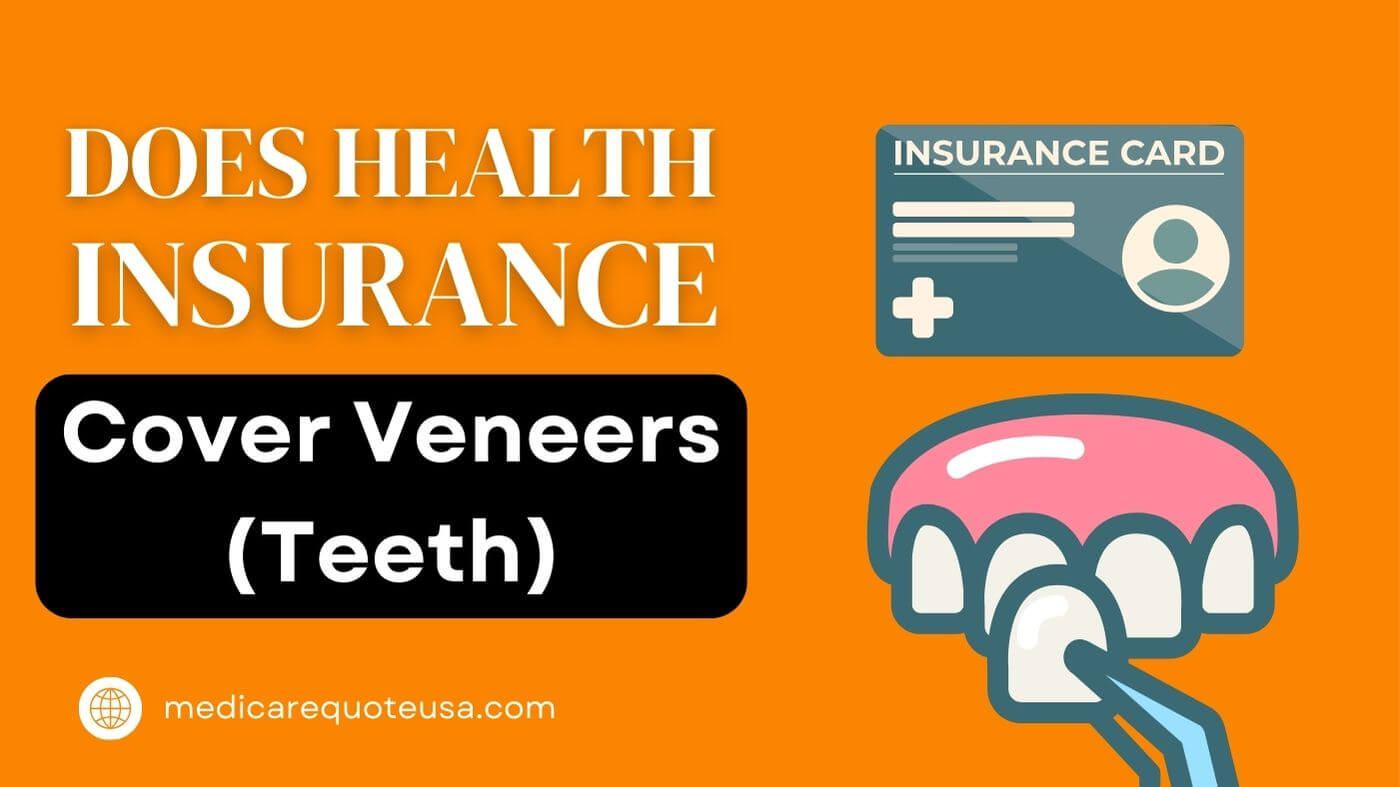
How Much Do Porcelain Veneers Typically Cost Without Insurance?
Porcelain veneers can significantly enhance your smile, but they come with a hefty price tag. On average, one veneer costs $1,000 to $1,500, and a full set of 10 upper veneers ranges from $10,000 to $15,000.
These costs vary based on location, dentist fees, and preparation needs. It’s crucial to note that dental insurance plans usually don’t cover veneers, as they are considered cosmetic rather than addressing dental issues.
Consequently, most patients should expect to pay for the treatment out-of-pocket. Understanding this upfront is essential for effective budgeting when planning a smile transformation with veneers.
10 Methods to Reduce Your Out-of-Pocket Costs for Veneers:
Here’s the lowdown on how to achieve that superstar grin without draining your bank account. Let’s explore some smart moves to make your pearly whites shine, all without breaking the bank!
1. Shop Around
Get quotes from multiple dentists before deciding where to get your veneers done. More affordable prices can often be found.
2. Choose Cheaper Material
Standard porcelain veneers may save you money over higher-end ceramic or composite resin options. Discuss materials with your dentist.
3. Consider Medical Tourism
Getting veneers done abroad can save up to 70% thanks to lower costs, flight and lodging included.
4. Get a Discount Plan
Discount dental plans can give 10-60% off veneers from in-network dentists for an annual fee as low as $80.
5. Pay Cash Upfront
Let your dentist know you can pay with cash or card to potentially avoid finance charges applied to dental payment plans.
6. Join Loyalty Programs
Dental practices may offer loyalty member discounts on all treatments including veneers for repeat customers.
7. Get a Cash Rebate
Using cash-back apps or credit cards when paying for your veneers can put money directly back into your wallet.
8. Ask About Specials
Dentists sometimes offer new patient veneer discounts, holiday sales, or bundle pricing options.
9. Contribute Tax-Free Money
Paying for uncovered healthcare costs (like veneers) from Flexible Spending Accounts or Health Savings Accounts allows tax-free money usage.
10. Seek Sedation Dentistry
Using laughing gas or other sedation can avoid the need for anesthesia when prepping teeth for veneers, reducing yet another cost.
